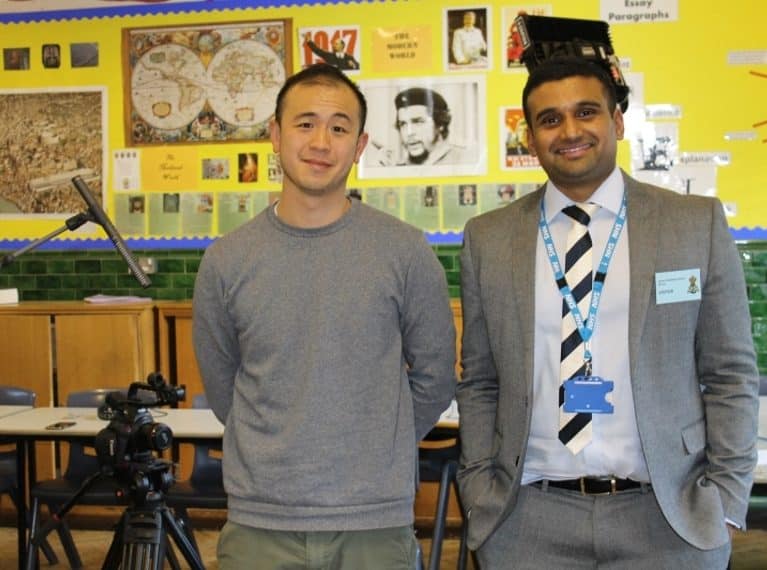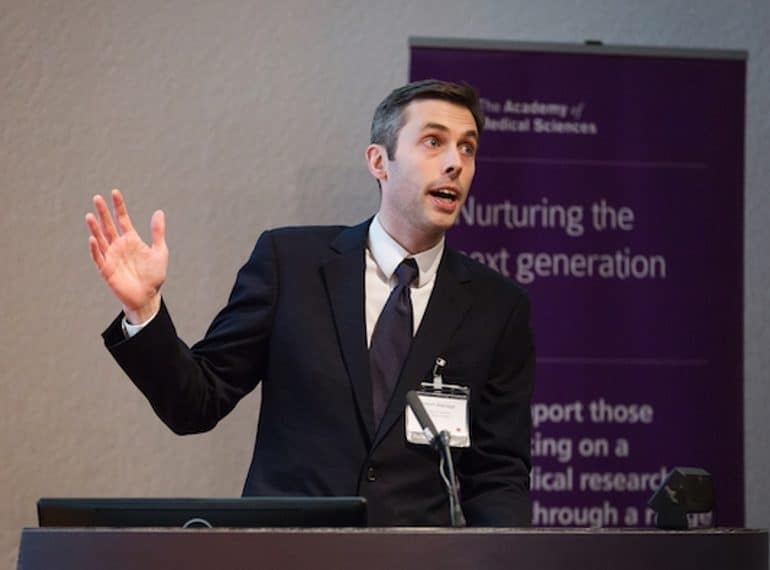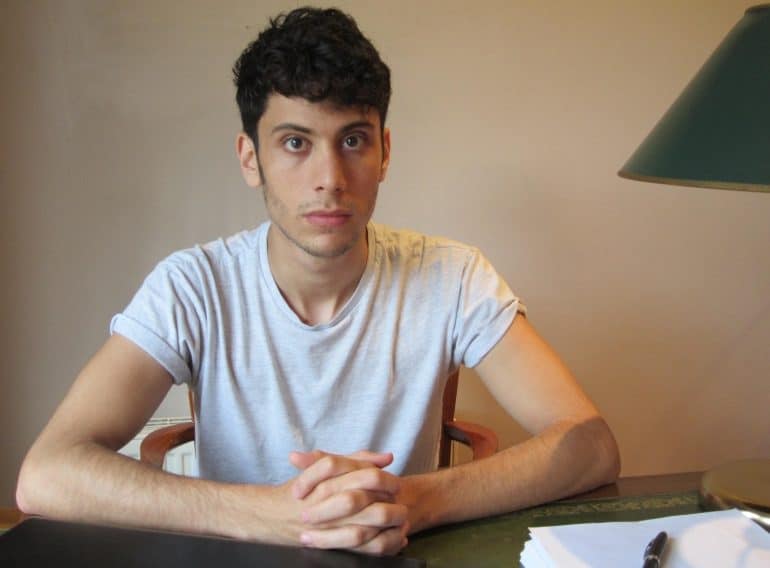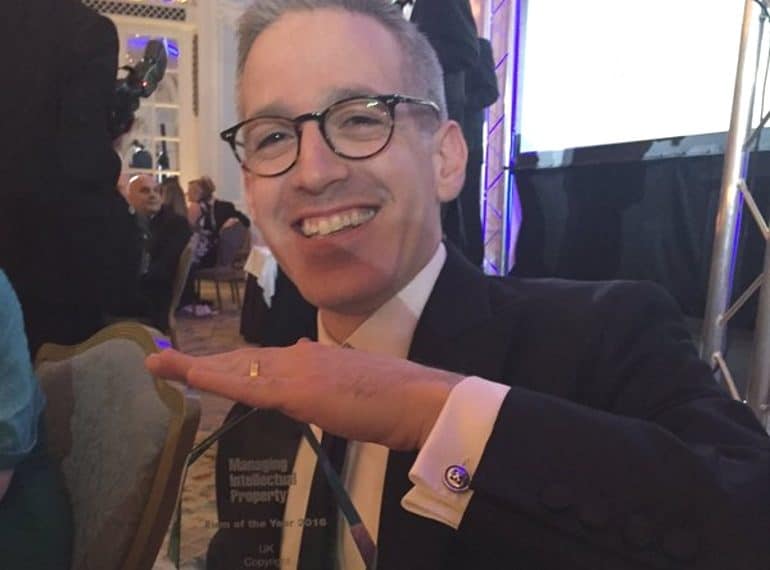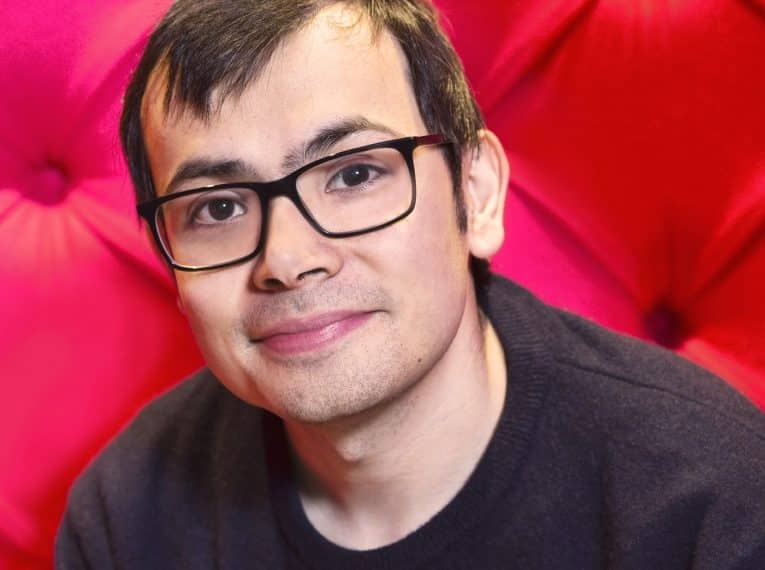
In financial terms, artificial intelligence expert, neuroscientist and computer game designer & player Demis Hassabis is almost certainly the most successful ever Elizabethan, having sold his start-up technology company to Google for a reported £400 million in January 2014.
Demis is still involved with the company – DeepMind – which hit the headlines a few weeks ago when its AlphaGo program beat one of the highest-ranking players in the world in the ancient board game of Go. The program won four games in a five-game series.
While he was at QE from 1988–1990, Demis was already a chess prodigy, reaching master standard at the age of 13, with a rating that made him the second-highest rated U14 player in the world. He captained many of the England junior chess teams.
He later went on to Christ’s College in Finchley, where he took his A-levels aged 16 and then began his computer games career with the British company, Bullfrog Productions. At 17, he was co-designing and lead-programming on the classic game, Theme Park.
He left Bullfrog to read for the Computer Science Tripos at Queens’ College, Cambridge, taking a double first. Later in his career, he gained a PhD in Cognitive Neuroscience from University College London and continued his research in neuroscience and artificial intelligence (AI) as a Wellcome Trust Research Fellow at UCL and as a visiting scientist jointly at Massachusetts Institute of Technology and Harvard.
Following his graduation from Cambridge, he worked as a lead AI programmer on the Lionhead Studios title Black & White. He then founded Elixir Studios in 1998, a London-based independent games developer. He expanded the company to 60 people, signing publishing deals with Eidos Interactive, Vivendi Universal and Microsoft, and was the executive designer of the BAFTA-nominated Republic: The Revolution and Evil Genius games.
As well as designing games, Demis was also an expert player, winning the Pentamind world games championship a record five times before retiring from competitive play in 2003. He is an expert player of games including chess, the Diplomacy board game and shogi board games and poker. The Mind Sports Olympiad website describes him as probably the best games player in history.
In April 2005, his company’s intellectual property and technology rights were sold to various publishers and the studio was closed. Demis left the games industry and turned his attention to neuroscience, winning wide acclaim from experts in the field for his research into memory and amnesia. His work was listed as in the top 10 scientific breakthroughs of 2007 by Science magazine.
In 2010, he co-founded and became Chief Executive Officer of London-based DeepMind Technologies, a company working on machine learning, which is a branch of computer science. DeepMind specialises in building ‘general algorithms’ – algorithms that are capable of learning for themselves directly from raw experience or data and are general in that they can perform well across a wide variety of tasks straight ‘out of the box’.
Following Google’s acquisition of DeepMind, he is now Vice President of Engineering, leading the company’s general AI projects. Google DeepMind’s website proclaims that its aim is to ‘Solve intelligence: use it to make the world a better place.”
Interviewed by the Evening Standard shortly after the deal, Demis said he had no plans to leave London, where he enjoyed living with his wife – a molecular biologist – and two young sons. “I think we punch above our weight,” he told the reporter. “We have some of the world’s best universities producing all these amazingly smart people, scientists and programmers who want to work in technology that might change the world. There are not as many opportunities in the UK as in San Francisco, so if you’re that kind of company and you base yourself here you have a lot more available talent of the highest calibre that is looking for something more interesting than going into finance or down the usual routes in London.”
Demis was elected as a Fellow of the Royal Society of Arts (FRSA) in 2009 for his game design work. He was awarded the prestigious Mullard Award by the Royal Society in 2014. He was included in the 2013 Smart 50 list by Wired, listed as the third most influential Londoner in 2014 by the Evening Standard and in the Financial Times’ top 50 entrepreneurs in Europe.

